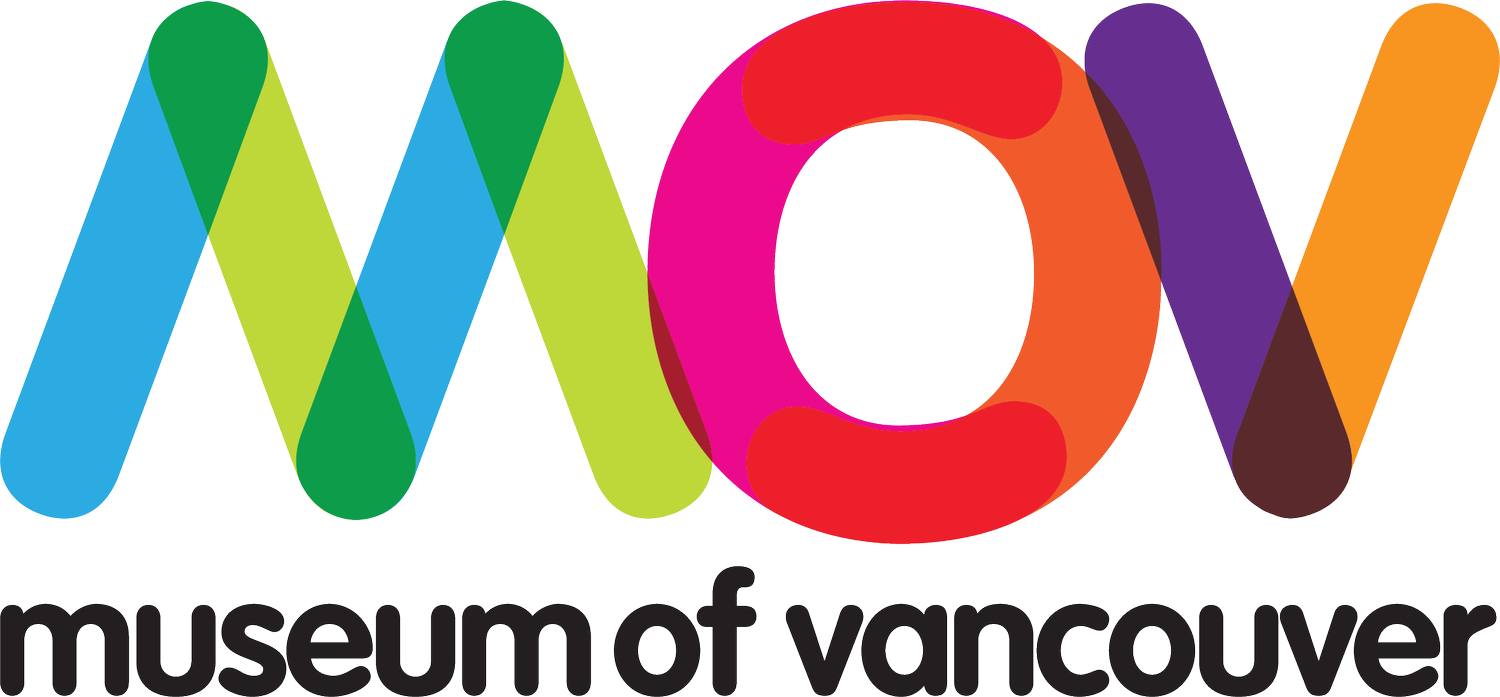Unraveling Colonial Threads
A Virtual Conversation with Rebecca Lyon, Jaime Smallboy, and Aleen Sparrow
Presenting a virtual conversation with Rebecca Lyon, Jaime Smallboy, and Aleen Sparrow on “unraveling colonial threads.” Colonialism is deeply embedded in our systems. Join us as we hear from three Indigenous women artists as they talk to us about what it means to “unravel” these colonial threads. Through their work, they are reconnecting to their Indigenous identities and using their voices to raise awareness to racism and lateral violence that stems from colonization. This conversation aims to bring awareness to how we can continue to educate ourselves on the impacts of colonization during Indigenous Peoples month and beyond.
Date: Tuesday, June 28, 2022
Time: 5:00pm – 6:00pm
Location: Zoom Webinar
Tickets: Free
Register for free
Artists Bio
Rebecca Lyon
Waabizheshi nindoodem Rebecca Lyon is an Anishinaabekwe designer of mixed Lebanese and Ojibwe descent. Originally from the Nipissing FN area her Anishinaabe family hails from Salter Lake in Northern Ontario.
She is currently pursuing her PhD in Indigenous at Trent University looking at the impact of regalia, fashion, and design on Indigenous identity. Rebecca founded ‘Pow Wow Jackets’ in May 2020 and has been featured on CBC Indigenous and the Peterborough Examiner.
Jamie Smallboy
Jamie Smallboy is from Maskwacis Nation in Alberta and is the founder of Red Ribbon Skirt Project- a small grassroots project that gives ribbon skirts to loved ones of missing and murdered Indigenous women and girls at the Annual Women’s Memorial March. Volunteers sew the traditional First Nations skirts in red – the colour that symbolizes missing and murdered Indigenous women and girls. It has become a national movement that started in Smallboy’s apartment 3 years ago. MOV currently has one of the red ribbon skirts in their collection.
Aleen Sparrow
Aleen Sparrow was born and raised on the Musqueam village in what is now known as Vancouver. Immersed in her culture since she was a child, her mother was one of many women who revitalized Salish weaving in the Musqueam community 35 years ago. Aleen learned to weave from her mother 3 years ago and continues to further her skills weaving and is currently weaving her first large wedding blanket.
She pulls on a canoe with the Musqueam canoe club. Musqueam hasn’t had canoes in the water for almost 30 years. While she works for a mid-sized law firm in downtown Vancouver, her culture and community are what she holds close to her heart.”
Meet the Moderator
Sesemiya, Tracy Williams, is a Squamish cedar bark weaver and traditional technologist who has worked in a number of mediums including yellow and red cedar, mountain goat wool, deer hide, fish leather, nettle fibre, stone and bone. An important element in all of her work is the need to be connected to the lands and waters of Squamish traditional territory, and to share what she learns with others. Her work can be found in the collections of MOV and NOVOMA, and she has exhibited her work at many others including the Bill Reid Gallery, the Vancouver Art Gallery, and West Vancouver Museum and Archives. A professional educator, Sesemiya is also a Manager of the Ta na wa Ns7éyx̱nitm ta Snew̓íyelh team at Squamish Nation.







